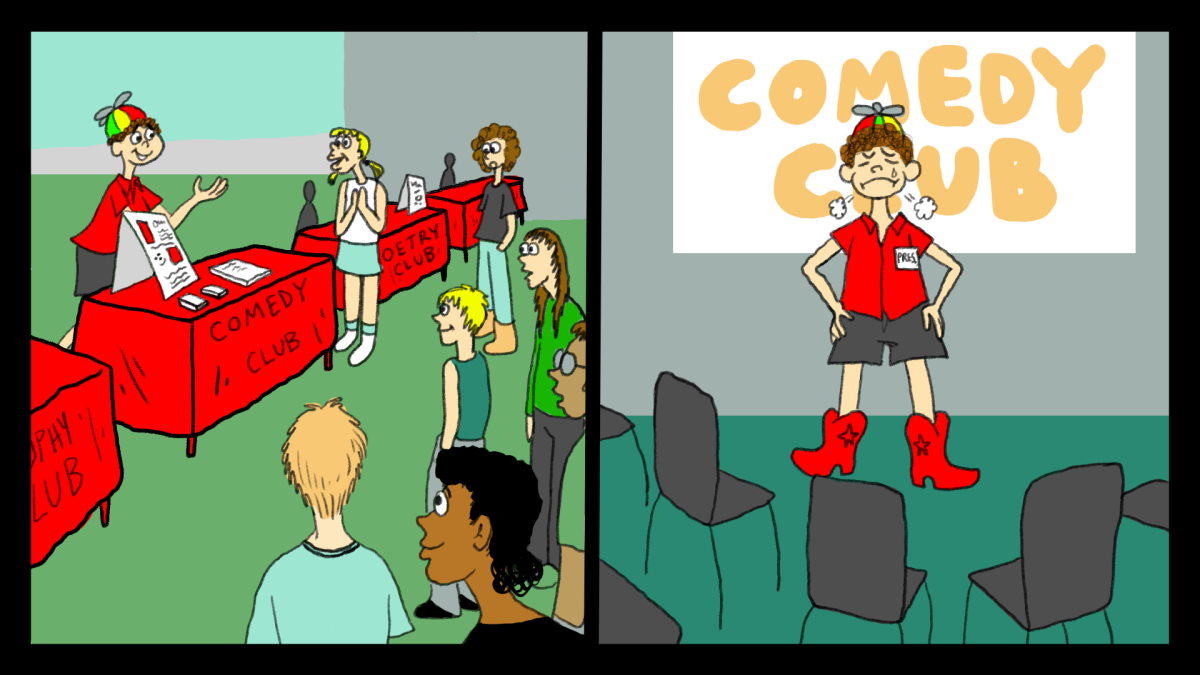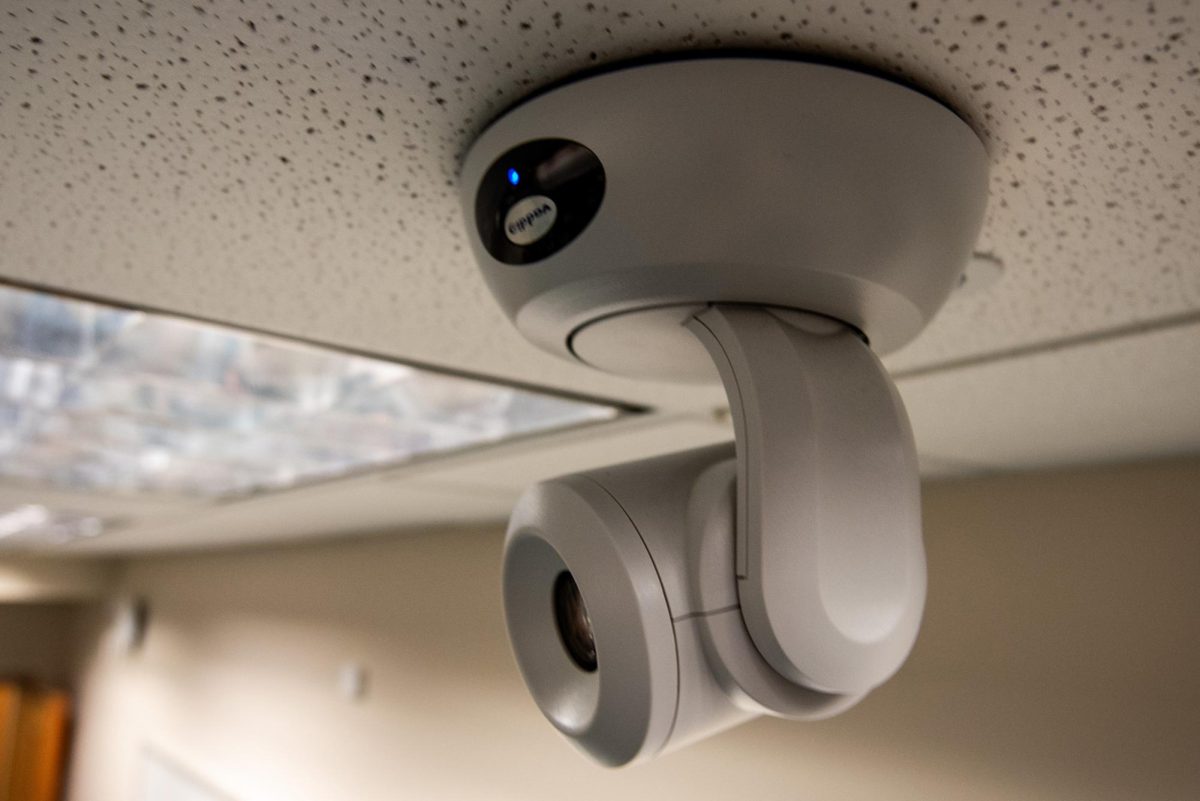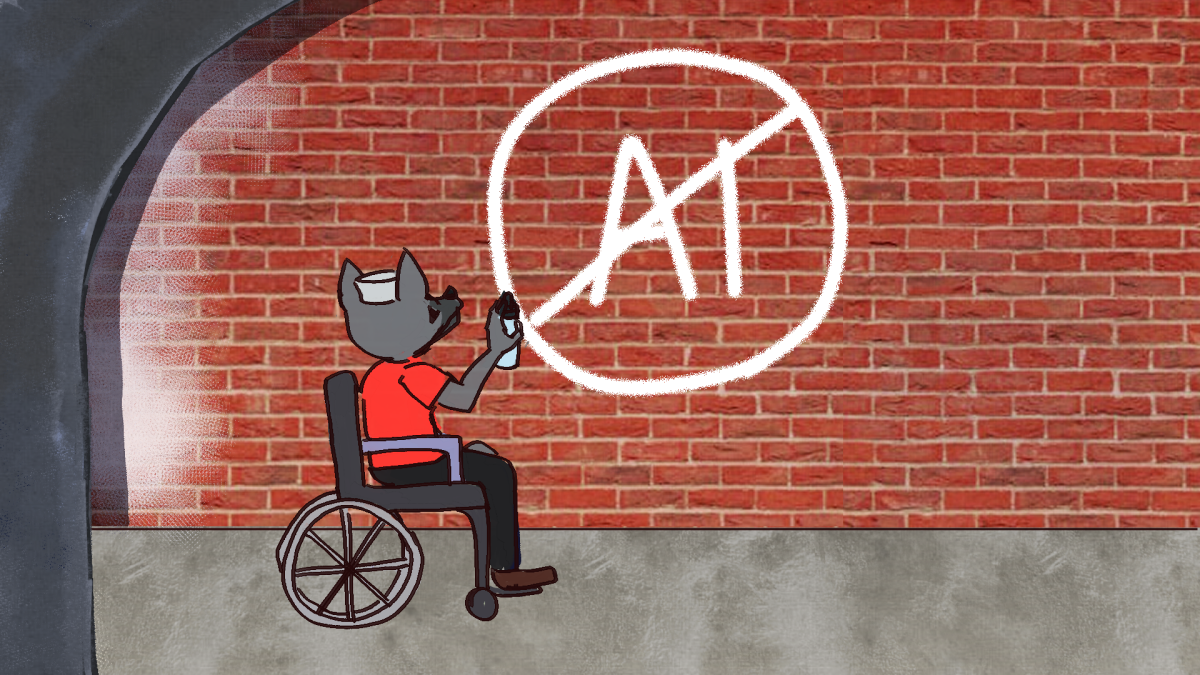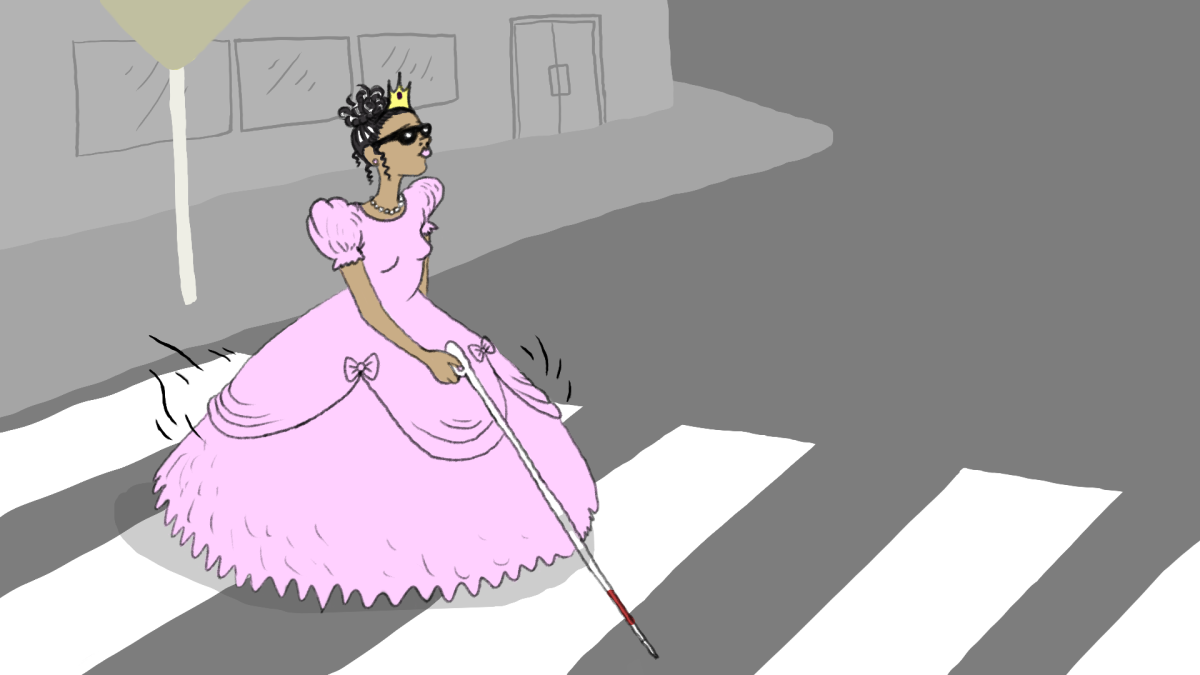As August turns to September, the transition from summer to fall brings cooler weather, Thanksgiving and Halloween holidays, and the impending political chaos of midterm elections in North Carolina. With access to a diverse range of political opinions and perspectives, NC State’s campus holds the power to either stimulate intellectual discussion or divide students over accusations of bigotry.
First and foremost, anyone can be a bigot. A conservative can act as a bigot just as easily as a liberal can. Bigotry is independent of political ideology, religion or race.
John Corvino, a philosophy professor at Wayne State University, defines bigotry as “stubborn and unjustified contempt toward groups of people, typically in the context of a larger system of subordination.”
One example of bigotry that is more frequent among students is to discontinue being friends with someone based solely on their political opinions. This is an awful tactic, as it ignores the other person’s personality and other attributes and is unfair to that person. Additionally this isolates you from being exposed to arguments you might not have thought of yourself that would challenge you to think about your views and opinions. While it may feel good in the moment, it prevents you from being able to learn and grow through the exchange of ideas.
Conversely, the concept of tolerance is often used as a means to promote understanding and open-mindedness within individuals when discussing controversial topics. Tolerance, as defined by Susan Neufeldt from the University of California at Santa Barbara, is the recognition and respect for others’ beliefs and practices without believing in them.
However, just as much as closed-mindedness can be a sign of bigotry, the belief that someone’s opinions are outdated or intolerant and therefore subordinate to one’s own can also be a sign of bigotry. The refusal to communicate with someone because their ideas are “inferior” to one’s own eliminates any avenue for stimulating dialogue.
Herein lies the danger of bigotry, as the fear of being ousted by either social group acts as a barrier to insightful, meaningful conversation where ideas and perspectives can be shared in order to better educate both sides.
A 2011 study from Tufts University found that people of one political group would rather consume biased media than engage in conversation with those whom they disagree because they are fearful of being called a bigot. As a result, people of the same political faction tend to discuss their opinions with other like-minded individuals while interacting less with the other group.
If this is true, then what’s the purpose of the college experience if people of different ideological communities won’t communicate with each other?
NC State incorporates a diverse spectrum of students from various North Carolina counties, U.S. states, and other countries around the world. Each student brings to campus a different perspective about politics, religion, art and other subjects due to their different upbringings, cultures and lifestyles. These interactions are concentrated on campus and allow students to form opinions that are fully aware of multiple perspectives that might have been absent during their developmental years.
Sometimes, there will be closed-minded, rude people who align with the definition of bigotry. Conversations and open dialogue with these people are just as important to have to broaden other people’s horizons. Yet, to label an open-minded person who might have different ideas as a bigot shows an intolerance to the various perspectives that exist and an unwillingness to expose oneself to new opinions.
To take advantage of NC State’s diversity and the varied perspectives that each person has, students must remain open-minded and allow dialogue to continue to challenge one’s perceptions. A 2015 study in the journal Frontiers in Psychology quantitatively found that being open-minded had a positive, significant impact on group learning capacity and reduced tendencies of conformity and groupthink.
The Wolfpack community needs to continue to engage in conversation that is open and free from contempt that leads to bigotry-induced isolation. As Wake County continues into the November midterm elections (with early voting at Talley Student Union beginning in October), it is important for students to be well informed by learning from each other.
No one will agree on every topic, but it’s how one handles that disagreement that defines them as a person. You can either claim bigotry or try to understand and learn from others to better yourself as a citizen in a rapidly changing world.








